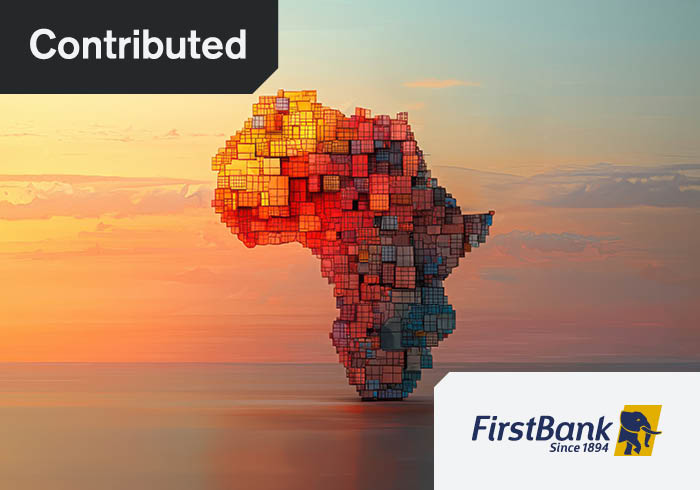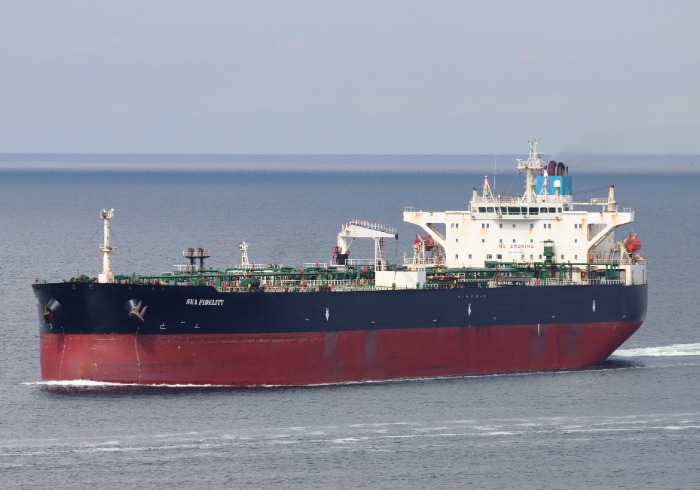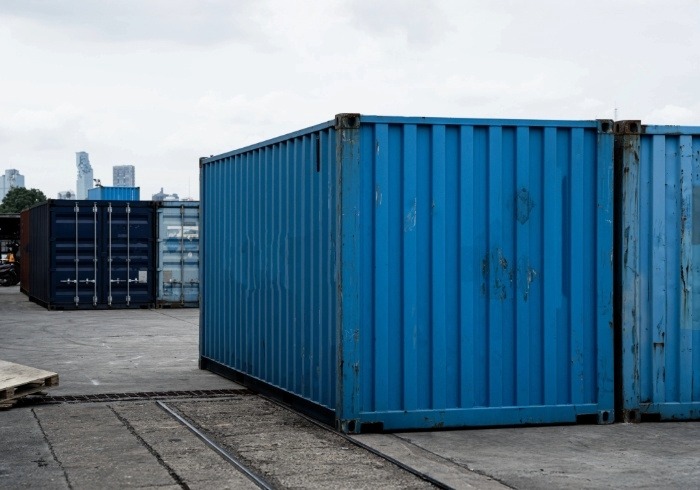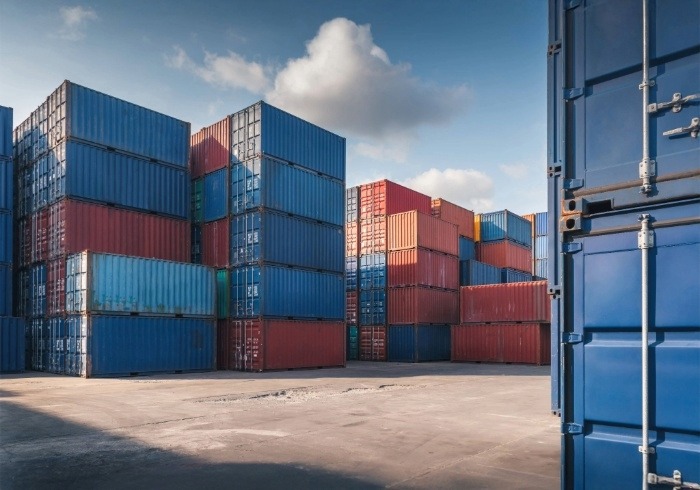FirstBank UK is doubling down on its African focus, financing not just trade but the infrastructure and industrial capacity needed to make that trade more competitive. Its use of AI-driven trade digitisation shows how technology can reduce risk and support growth in a challenging market.
For many global lenders, Africa is a place to do business when commodity prices are high and capital flows freely, but one to exit quickly when volatility rises. FirstBank UK takes a different approach, drawing on the stability of its parent group, one of Africa’s largest and oldest financial institutions, while reinventing itself to meet the needs of a new generation of clients.
Adekemi Iyinbor, head of corporate banking at FirstBank UK, emphasises: “We see Africa as central to our growth strategy and remain committed, even when sentiment turns cautious. When foreign capital retreats, we often see an opening to support stable clients that still need competitive financing. Our experience and connections give us confidence to step in and keep supporting trade and investment when it matters most.”
The bank’s approach is not about opportunistic “hot money”. Instead, it works in step with other Group subsidiaries, combining on-the-ground expertise with international structuring and balance sheet capacity. This allows FirstBank UK to support corporates in markets where many global banks either do not participate or limit their activity to sovereign and top-tier financial institutions.
From extraction to value creation
Extractive commodities, including oil and metals, have long dominated Africa’s trade profile. While these sectors remain significant, they are not the whole story. FirstBank UK is deliberately supporting industrialisation and value-added production, financing not only the export of raw materials but also the infrastructure and processing facilities that create domestic capacity.
“We look at businesses that create local value, not just export revenue,” Iyinbor explains. “International banks tend to focus on sovereigns, energy and mining, or only the very largest, multinational corporate names. We support clients further down the value chain, provided they have a credible structure, growth plan and the governance to match.”
This appetite extends to manufacturers and trade infrastructure providers, often overlooked by foreign lenders. For example, the bank has recently financed a packaging manufacturer supporting industries shifting to more sustainable materials. Instead of importing containers of finished packaging materials, this financing is boosting local production. In doing so, it has helped reduce costs, create jobs and support environmental goals.
Such investments are not limited to a single company. They are about developing entire supply chains, from agricultural exporters investing in processing plants to manufacturers serving consumer goods markets. “You can’t build a resilient economy if everything is imported in finished form,” says Iyinbor. “We want to be part of the shift toward producing more within Africa, and we structure financing to support that transition.”
The bank also supports exporters seeking to expand beyond trading and establish processing capacity within their home markets. This often involves bespoke risk assessments, but the development impact can be significant.
“When we work with a trader and help them take that step into building manufacturing capacity, it creates something lasting,” Iyinbor says. “It’s about supporting businesses to grow in ways that strengthen the wider economy, not just one transaction.”
Trade finance as a strategic lever
Trade finance is more than a product line for FirstBank UK. It is central to how the bank supports growth across Africa. The pandemic tested this approach. Disrupted supply chains and staffing constraints put traditional document-checking processes under pressure. Manual checks are inherently slower and prone to error, carrying operational risk at a time when clients needed fast, reliable support.
The bank’s response was to invest in a platform using artificial intelligence (AI) to automate document checking for letters of credit and other trade instruments.
Bola Ola-Olabode, head of trade finance at FirstBank UK, says: “Even before the pandemic, we had a roadmap for digitisation, automation and risk mitigation. That early move from paper-based to electronic checking meant we could absorb the disruption when it hit and still maintain fast turnaround times.”
The platform works by comparing incoming documents against the letter of credit terms, UCP 600 rules and the International Standard Banking Practice for documentary credits. It uses optical character recognition and machine learning to improve accuracy.
“The system now picks up around a quarter more trade discrepancies than the human eye and has cut processing times by at least 45 minutes per transaction,” Ola-Olabode adds. “That gives clients greater confidence and frees up our team for higher-value tasks.”
Adeyemi Adeleye, deputy head of trade finance at FirstBank UK, notes that integration has also been critical: “The platform acts as a one-stop shop, bringing together compliance functions like vessel tracking, sanctions screening and dual-use goods checks in a single workflow. That means fewer bottlenecks and better oversight when trade flows are under stress.”
With close to 30,000 transactions processed without a single rejection, the focus now turns to automated price checking. “Embedding price-checking will help us quickly benchmark goods in a complex pricing environment, removing manual tasks and potential errors,” says Ola-Olabode.
Adeleye adds: “Price checking is a global challenge in trade finance, not just an African issue. Automating it will significantly reduce turnaround times while strengthening compliance. That is the kind of investment we see as essential for the future of trade finance.”
Driving growth through digitisation
FirstBank UK views AI-driven trade digitisation as part of a broader shift in how trade finance is delivered, where innovation is crucial to remain relevant.
“Any institution that fails to invest in technology risks being left behind,” Adeleye notes. “The trend now is about leveraging technology to drive innovation, enhance efficiency, and improve the customer experience. That’s the only way to stay competitive.”
Digitisation is also critical to unlocking the full potential of the African Continental Free Trade Area (AfCFTA), which aims to create a single African market for goods and services. However, technology alone will not remove the barriers to intra-African trade.
“Digitisation is a tool, but the real challenge lies in regulatory bottlenecks and fragmented market rules,” Iyinbor says. “You can’t move goods seamlessly if businesses need multiple licences just to cross one border. Removing those barriers will do more for trade flows than any single technology platform.”
Even so, she believes the direction of travel is clear. “As trade starts to flow more freely, we’ll see where the bottlenecks are and what solutions are needed.”
That adaptability is rooted in the bank’s broader culture of innovation, a theme that runs through its operations from trade platforms to client engagement.
Innovation as a mindset
That spirit of innovation reflects a deliberate strategy to keep evolving alongside Africa’s changing needs.
“Being innovative isn’t just about technology, it’s about mindset,” says Iyinbor. “Across the group, we encourage people to think differently, whether that’s building a new product, improving a process or rethinking how we engage clients. That willingness to evolve is what keeps us competitive.”
Through the decades, the bank has constantly rebranded and evolved its business and approach to remain ahead. The same spirit drives its trade finance strategy in London, where it aligns global best practices with Africa-specific insights.
Looking ahead, FirstBank UK intends to maintain this twin focus: a deep commitment to Africa’s growth and the bold adoption of technology to reduce risk and improve the client experience.
“The future of trade finance is about speed, risk reduction and scalable systems,” Adeleye says. “For Africa, that means building the trade infrastructure to match the ambitions of its people and businesses. We intend to be at the forefront of that journey.”








